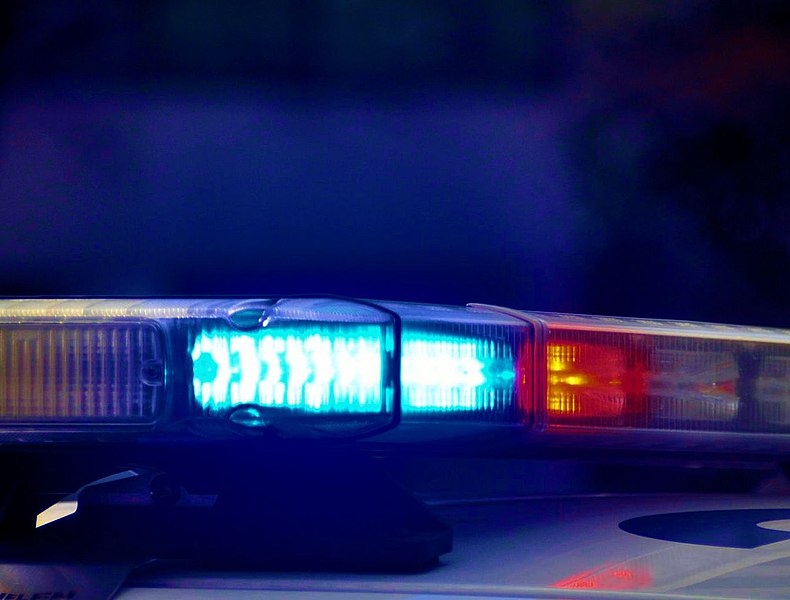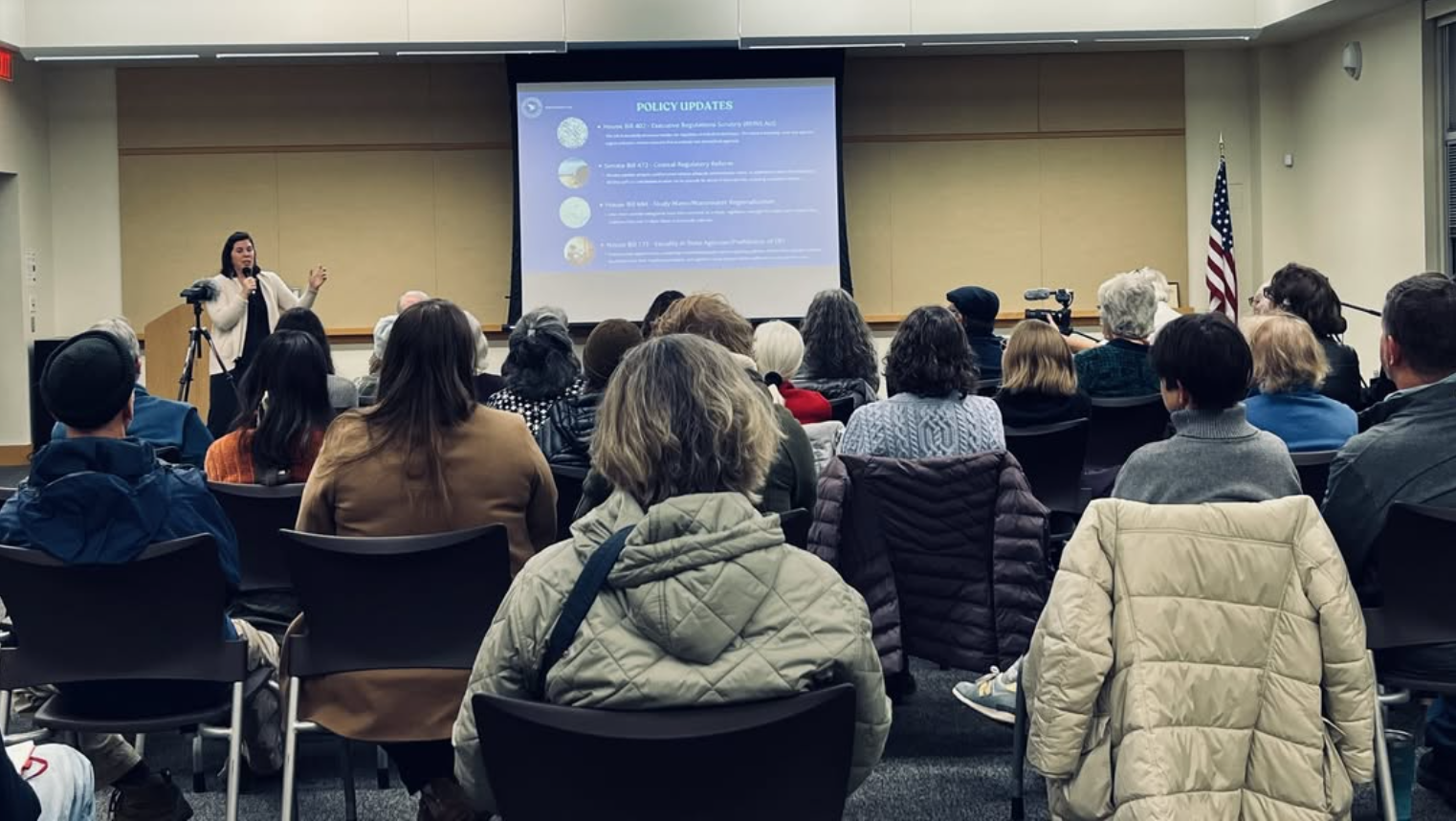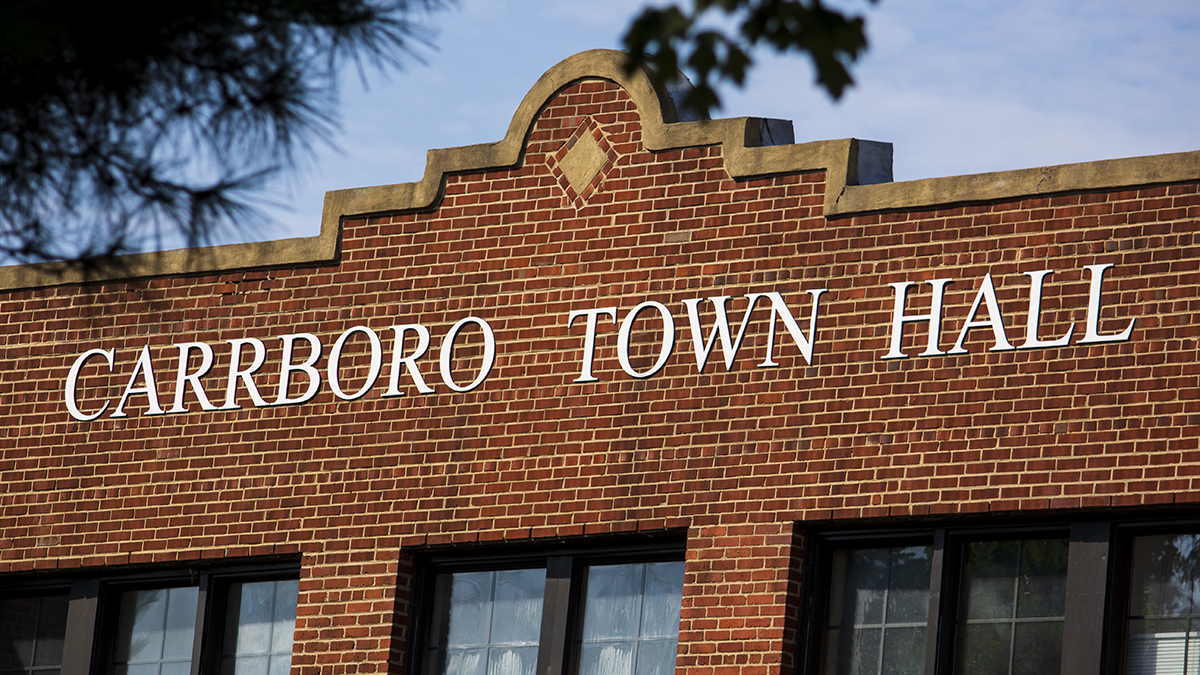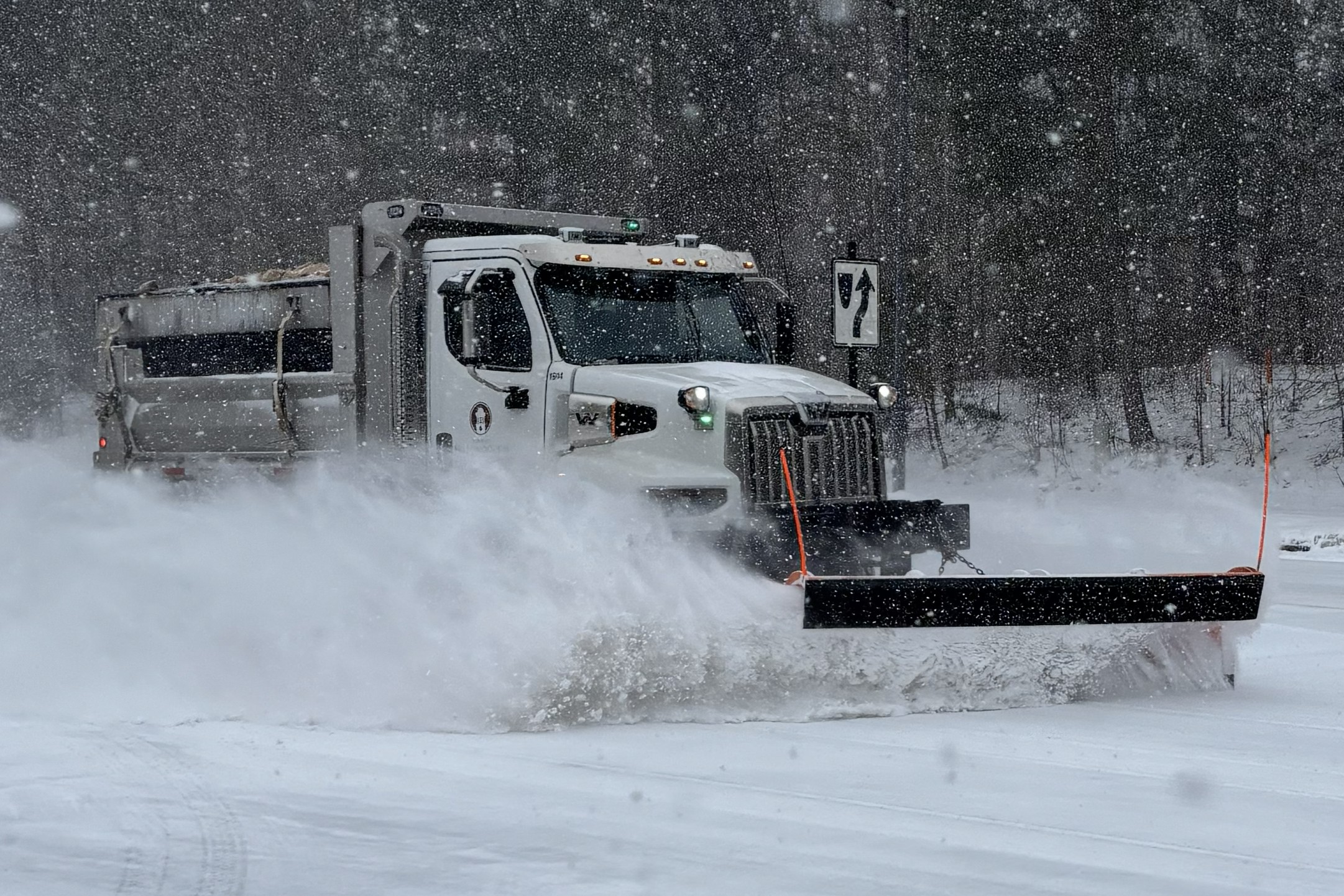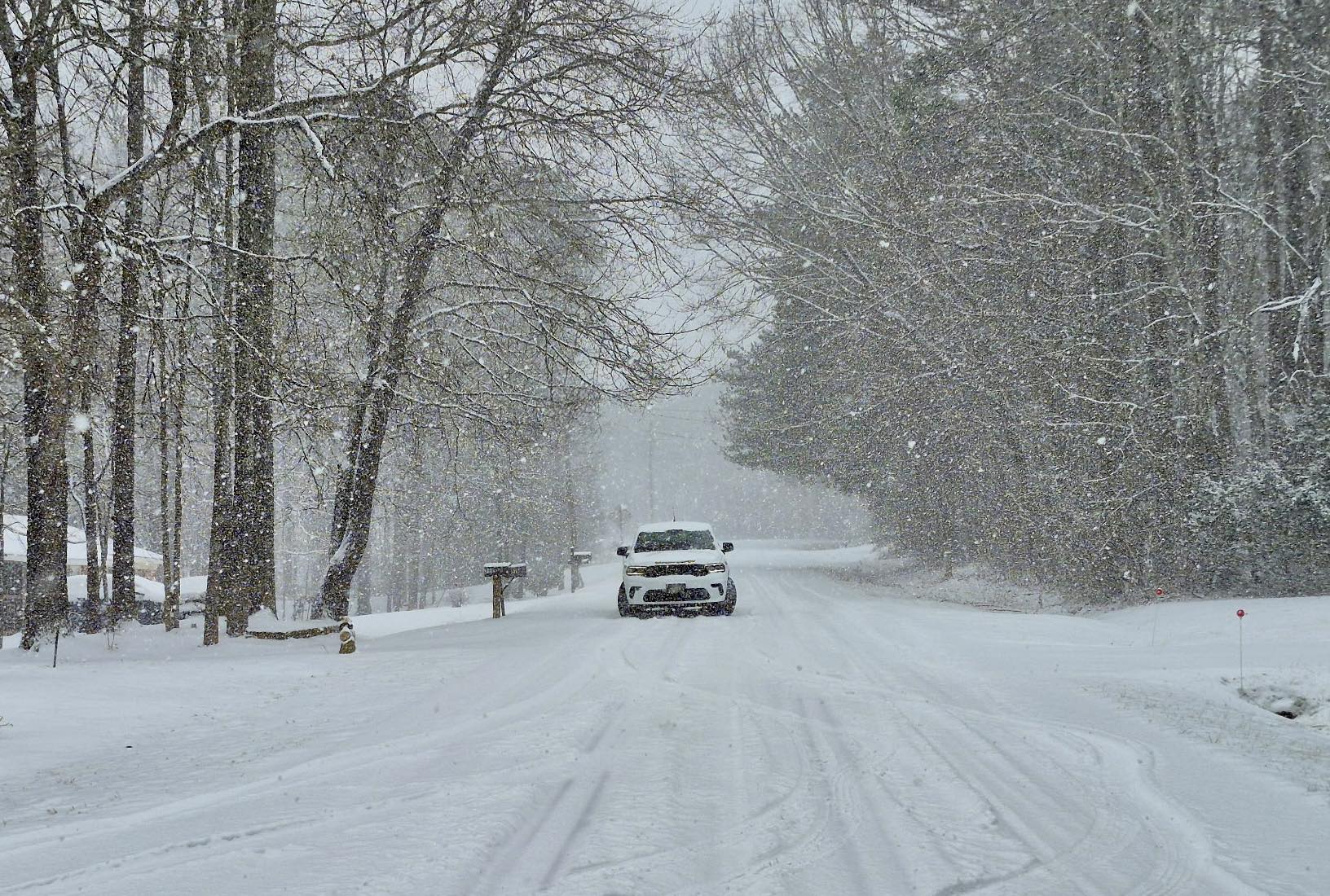When exactly has a search warrant been served?
That was the question that hours of testimony and argument aimed to answer on Tuesday morning in a Hillsborough courtroom.
The question stemmed from the fatal wrong-way crash on I-85 in July 2015 in which three people were killed. Chandler Kania, a 20-year-old UNC student at the time, is accused of driving the wrong way on the interstate for at least six miles before crashing head-on into another vehicle and killing three of the four passengers. Records show Kania’s blood-alcohol content the night of the crash was a .17, which is twice the legal limit to drive in North Carolina. Kaina was also underage at the time of the crash.
Kania spent most of the four days following the crash in the hospital receiving treatment for his own injuries suffered in the crash.
A search warrant was taken out to seize Kania’s cell phone from either the suspect, his parents or anyone in his hospital room following the crash.
That phone was eventually recovered. But it was done so at Kania’s parents’ residence in Asheboro, which is where Kania’s defense attorney Roger Smith took issue with the warrant. Smith argued the warrant specifically authorized the search in the hospital room at UNC Hospitals where Kania was being treated, and he said that warrant being executed at the Asheboro home rather than the hospital room made it invalid.
“That’s the fatal flaw,” Smith said. “I mean, that’s just the fatal flaw here. You can’t serve somebody with a search warrant for a hospital room in Orange County in Asheboro.”
Not everyone in the courtroom agreed as to when the service of the warrant actually occurred. Troopers with the North Carolina Highway Patrol testified that the warrant was initially served in the hospital room just before Kania was to be released.
The testimony revealed Kaina’s parents were not in possession of the phone in the hospital room at that time but rather told authorities they had left it at the Asheboro home in their trips back and forth while their son was recovering.
Assistant District Attorney Jeff Nieman argued that the warrant was, therefore, served in the hospital room. Beyond that service, Nieman said Kania’s parents acquiesced to the service by offering to turn over the phone.
“The immediate response from everyone in that room that said anything was, the first response was to voluntarily go get it [in the room] and second response when they didn’t find it was, ‘We’ll go get it and bring it to you,’” Nieman said in court Tuesday.
A trooper testified on Tuesday that he did not ask Kania’s parents to bring the phone back. Rather he arranged for another trooper to go to the Asheboro residence once the parents had returned and pick up the phone.
Smith argued that constituted a second search that was not valid under the warrant. But the troopers testified that Kania’s father went in and retrieved the phone and that no trooper entered the residence – a distinction pointed out by Superior Court Judge Allan Baddour.
“The trooper did not go in the house. The castle was protected,” Baddour said.
The defense attorneys were hoping that with the motion on Tuesday any evidence obtained from Kania’s cell phone from the night of the crash would not be allowed to go before the jury when the case goes to trial.
Baddour did not rule on the motion on Tuesday, instead saying he would issue a ruling this week or next.
Baddour did deny a motion from the defense hoping to continue the case beyond the October 3 trial date that is currently set.
Kania has been under house arrest at his parents’ home in Asheboro since being released from custody after posting a $1 million bond in July of last year.
On the one-year anniversary of the crash, family members of the victims – 49-year-old Felicia Harris, 46-year-old Darlene McGee and six-year-old Jahnice Baird – held a candlelight vigil in Chapel Hill.

